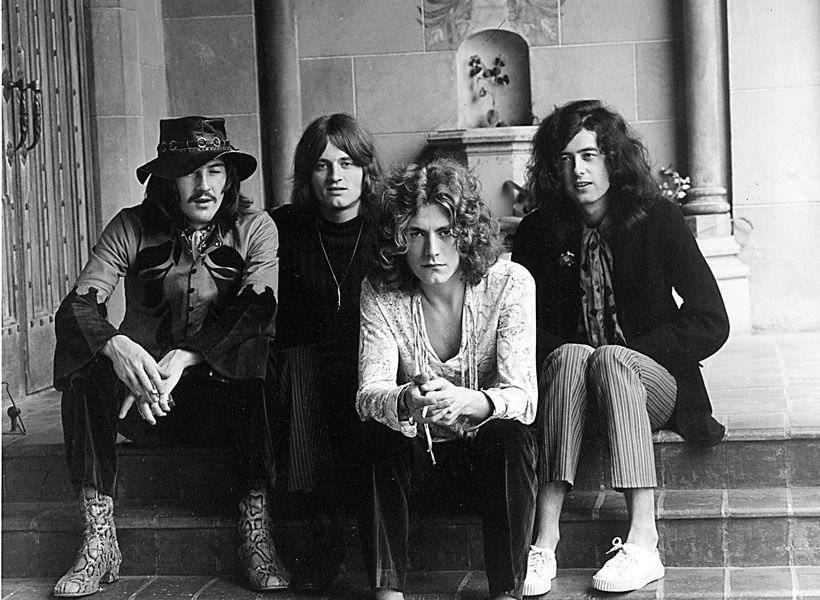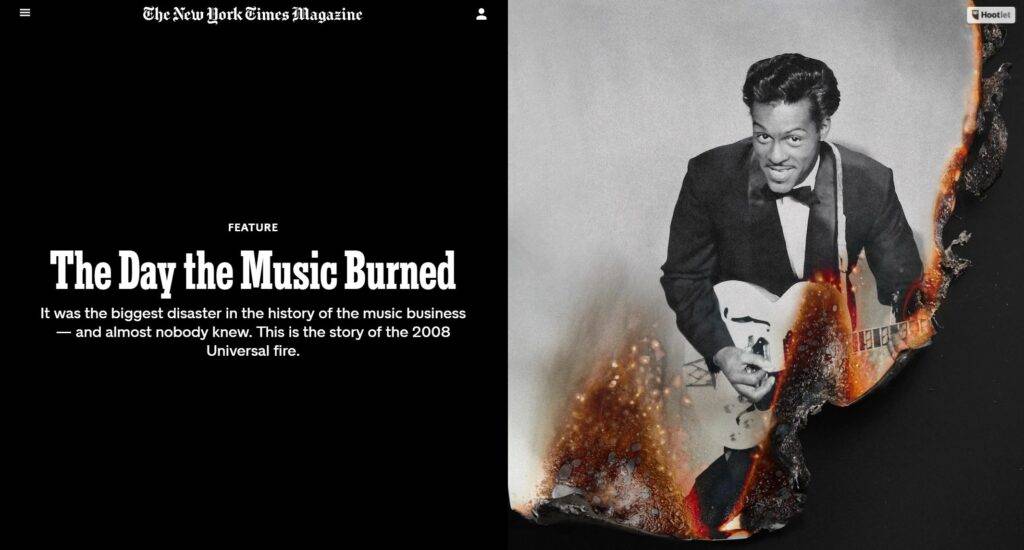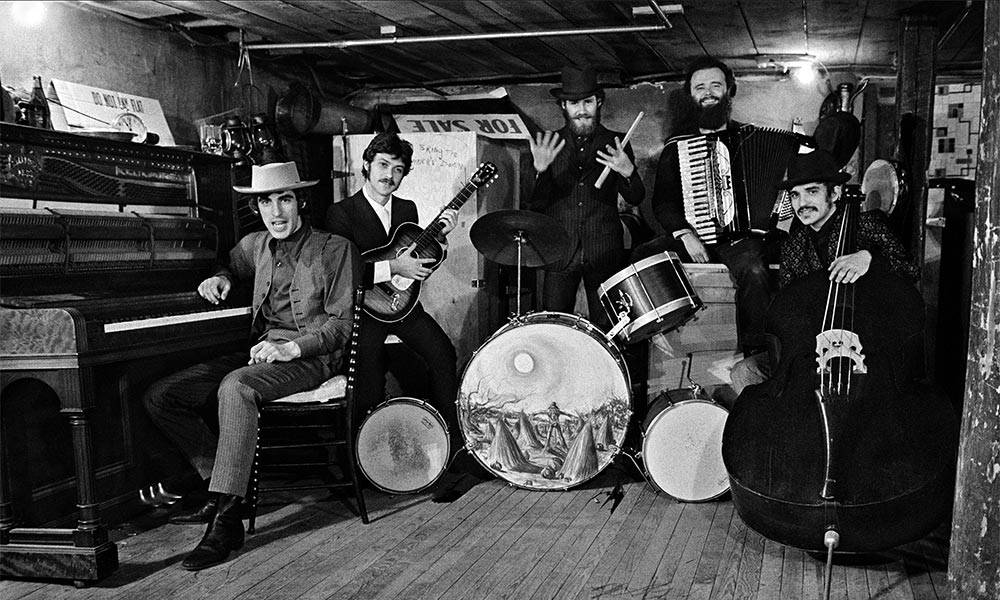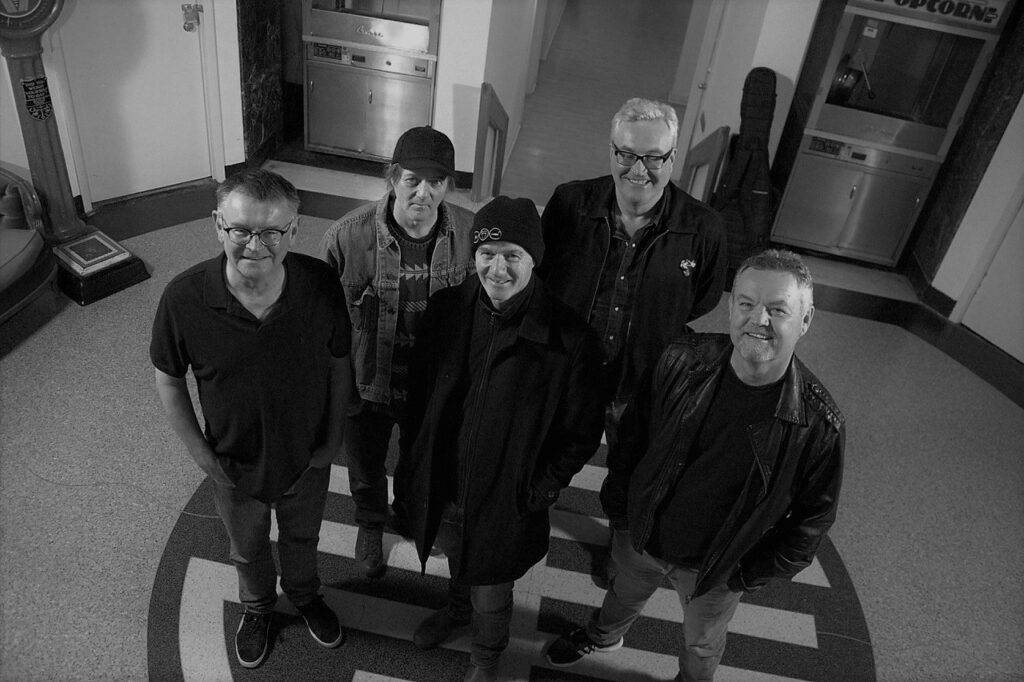
The Classic Blues Bong Led Zeppelin Split in Half
The tales of Led Zeppelin pilfering the works of old-school blues masters and claiming them as their own is perhaps the most notorious legacy for a band that also allegedly once stuffed a woman full of shark. From ‘When the Levee Breaks’ to ‘In My Time of Dying’, Zeppelin had a bad habit of basing their songs on already-existing material and taking the royalties for themselves. Lawsuits and the greater attention paid to copyright laws have subsequently granted the original artists their rightful credit, but Zeppelin will forever be associated with playing fast and loose with taking undue credit for songs that they didn’t write.
Part of it was straight thievery: the band simply put their names on these songs without care for the major financial windfall that could help out a number of obscure blues artists and their descendants. Part of it was the difficulty in properly attributing credit to the right parties: songs like ‘Babe I’m Gonna Leave You’ and ‘Hats Off to (Roy) Harper’ were credited as being “traditional” compositions because the band didn’t know the proper origins of the songs they were recording. Another major element was that Led Zeppelin truly believed that they had altered some of these songs enough to warrant their own names on the songwriting credits.
This was the case for ‘Bring It On Home’, the final song on 1969’s Led Zeppelin II. ‘Bring It On Home’ was a song written by Willie Dixon, a Zeppelin favourite who also provided the basis for songs like ‘You Shook Me’, ‘I Can’t Quit You Babe’, and ‘Whole Lotta Love’. The best-known version of ‘Bring It On Home’ was by Sonny Boy Williamson II, whose version was posthumously released in 1966. Zeppelin decided to pay tribute to Williamson II by recording ‘Bring It On Home’.
During the intro and outro of their version, Zeppelin paid direct homage to Williamson by replicating the slow bluesy shuffle of his recording, right down to Robert Plant’s imitation of Williamson II’s harmonica playing. But about a minute and a half in, Jimmy Page comes in with a searing guitar riff and the rest of the band begins playing a bluesy Zeppelin original that incorporates lines and themes from ‘Bring It On Home’. This part of the song is a separate composition by the band and doesn’t follow the bluesy form of the original, even though it still fuses in parts of the original.
The final results were a sandwich: a song that opens and closes with the old-school version of ‘Bring It On Home’ but includes a Zeppelin original cooked up by the band members in the middle. Instead of distinguishing between the two, Page and Plant took sole credit for the song. Dixon’s publisher, Arc Music, later sued the band and fought to have Dixon’s name be included in the credits.
The 2003 live album How the West Was Won credits Dixon as the writer of the song while all four members of Zeppelin are credited with writing ‘Bring It On Back’, a new name given to the middle section of the song. On subsequent reissues of Led Zeppelin II, however, Dixon is the only person credited in the songwriting section.
Check out both versions of ‘Bring It On Home’ down below.






Responses